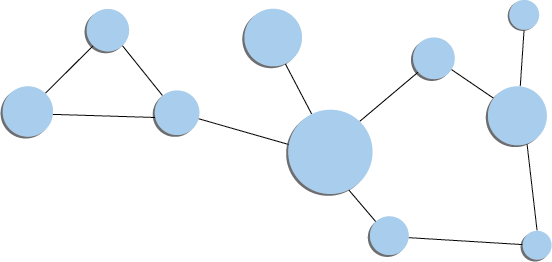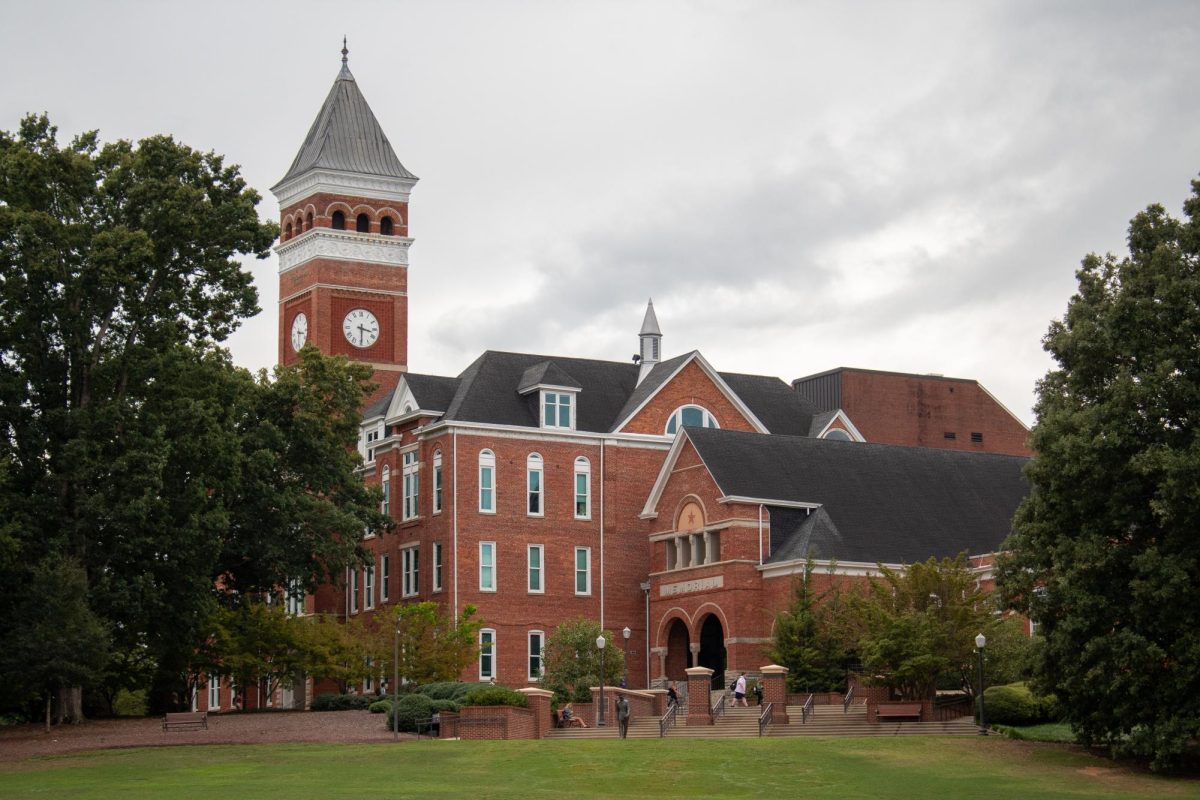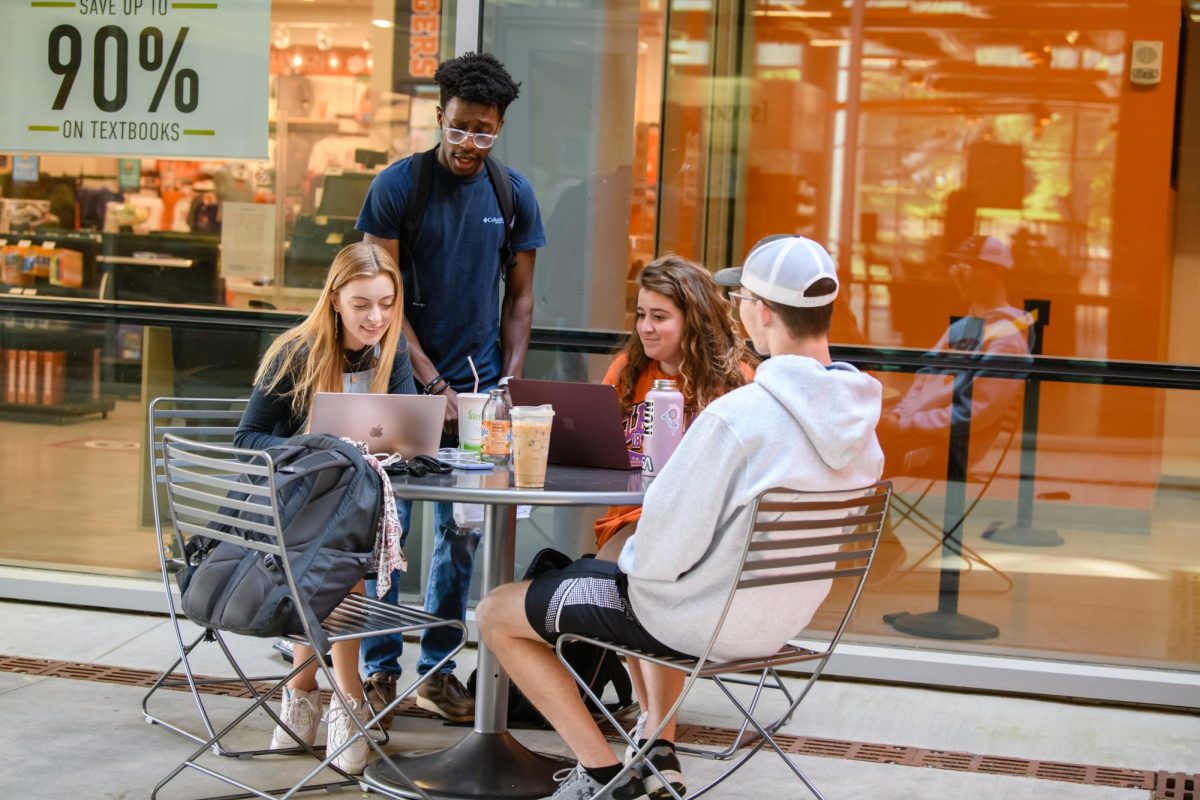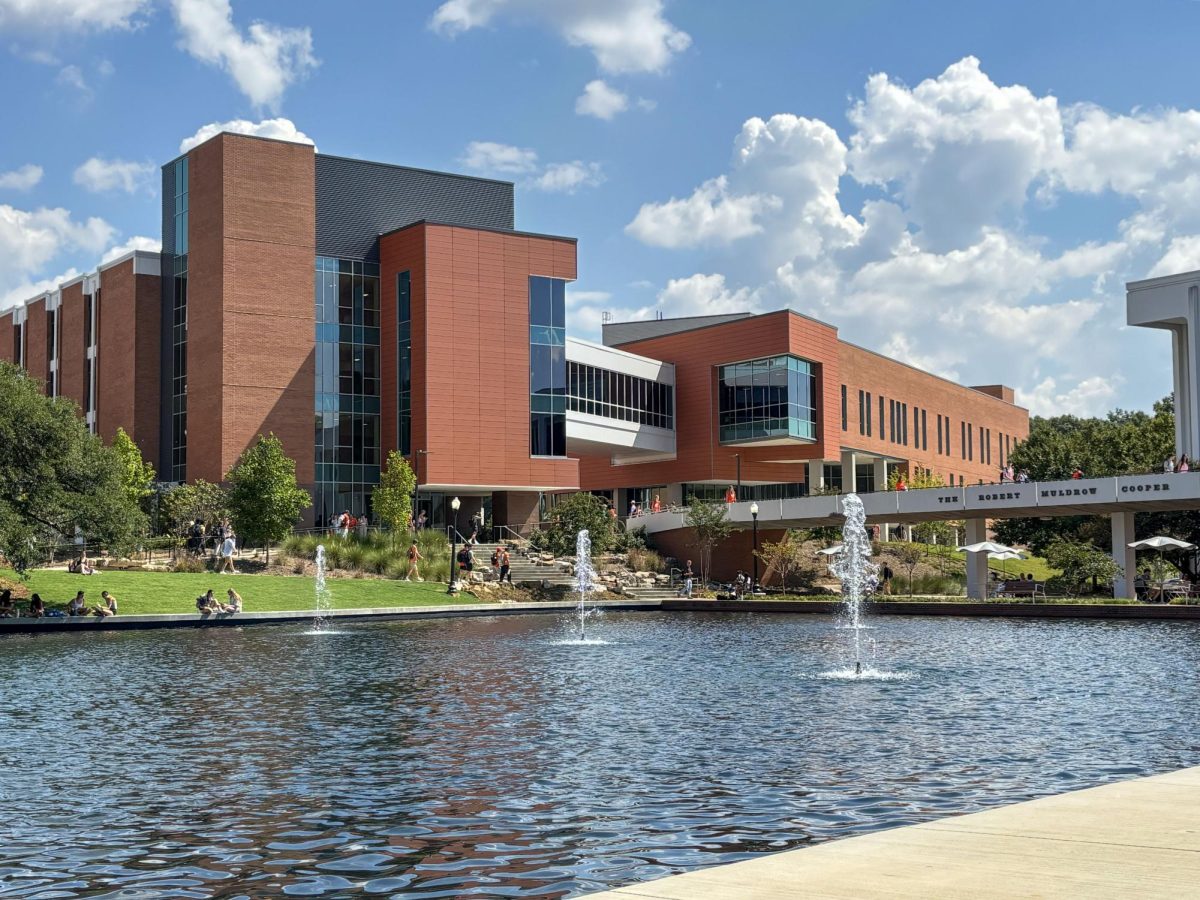Today’s job market is straying away from prioritizing what you know and instead focusing on who you know. Networking has become a crucial part of career development. Though there are countless benefits for those of us who have access to such programs, it is quickly becoming another barrier for people who live less privileged lives. The last thing that the job market needs is another way to discriminate against lower-class individuals inadvertently.
College has become not only a way to earn a degree to further one’s career but also a way to establish a network to help get one foot in the door of the job market. Attending job fairs, building relationships with professors, meeting alumni, and even conversing with one’s peers are all ways to create a network for the future. Though this is accessible for college students nationwide, depending on the university one attends, these networks prove to be stronger or weaker in many situations. Stanford University, Harvard University, New York University, Princeton University and Massachusetts Institute of Technology are all listed amongst the top ten colleges with the best employer connections, according to Best Value Schools. The commonality between many, if not all, of these schools, is that they are very selective, and the majority of them have large tuition bills. These academically prestigious institutions are more inclined to enroll children of upper-class individuals who can afford not only the large tuition but also private schools and tutors to help improve their chances in the academic realm. In fact, at Ivy League universities plus Stanford, MIT, Duke and the University of Chicago, “more than two-thirds of the students are from rich households and fewer than 4% are from poor households,” according to “The Years that Matter Most: How College Makes or Breaks Us” by Paul Tough. These schools offer more vast alumni networks, renowned professors and extensive career services than one’s local community college, which is what the majority of the population can afford.
Homophily, or the human tendency to be attracted to people similar to oneself, is the largest factor in the social immobility promoted by networking. Beyond education, a wealthy family will be more likely to live in an expensive neighborhood and be friends with influential individuals. Therefore, their children will have a leg up in the realm of networking. As Matthew Jackson, professor of economics at Stanford University, said, “it is easier to form and maintain friendships with people who are physically or virtually close by,” and “housing prices often vary by the amenities and location of neighborhoods, which can then segregate people by income.” Even the smallest factors of everyday life, such as where one lives, create loose connections which inadvertently feed into one’s network later on down the road.
On a larger scale, “people find it easier to interact with people with whom they share a common background, as they share history, expectations, and norms of behavior,” according to Jackson. This human instinct to interact with people who are similar to oneself means that people are more prone to connect with others in their own class, who were raised similarly, work in the same area, or who shop at similar stores. These connections made over time create a basis of character and are used to one’s benefit further along the line. Employers become more inclined to hire a friend of a friend rather than a random person who is just as qualified for the same job. This route seems profitable for businesses because they can hire people similar to already employed individuals, which ensures a certain level of stability that is not promised otherwise. However, this does create an uneven playing field where”…referrals to be unevenly spread, and more heavily concentrated among groups that are already well-employed,” as Jackson points out.
Networking in itself is not a direct form of discrimination; however, the concept feeds into the increasing social immobility in American society. There are many factors at play that make networking a more challenging task for lower-class individuals than for higher-class individuals. Lower-class families do not typically have the same privileges as upper-class individuals, which leaves networking to be a nearly impossible task. This inequality creates a barrier to the mobility of social classes, making it harder for lower-class individuals to gain access to higher-paying jobs.
Kylie Tutterrow is a freshman undecided major from Spartanburg, South Carolina. She enjoys baking and listening to music.
Tutterrow: Networking is about who you know
Kylie Tutterrow, Columnist
October 13, 2022

Healey Lucier, Outlook Editor
Networking
0
Donate to The Tiger
Your donation will support the student journalists of Clemson University. Your contribution will allow us to purchase equipment and cover our annual website hosting costs.
More to Discover














